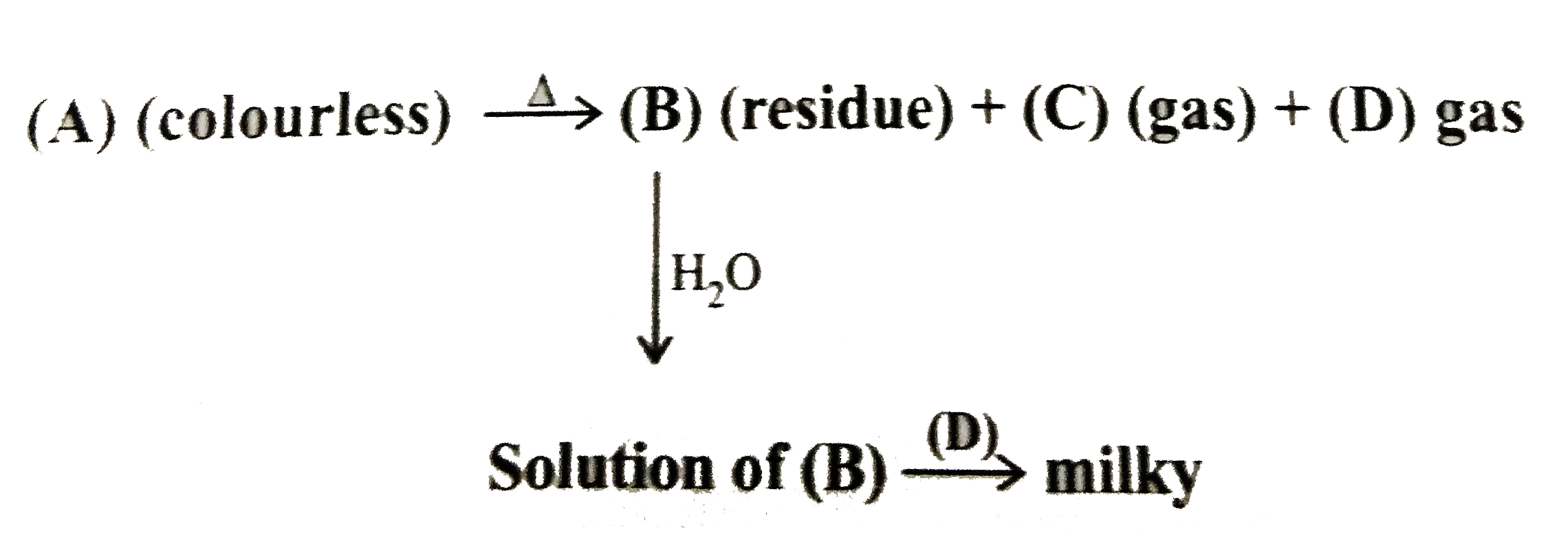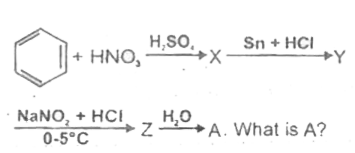What is peptisation ?
Step-by-Step Solution:
1. Definition of Peptization: Peptization is defined as the process of converting a precipitate into a colloidal solution.
2. Reverse of Coagulation: It is important to note that peptization is the reverse process of coagulation. In coagulation, colloidal particles come together to form larger aggregates, while in peptization, these aggregates are broken down into smaller particles.
3. Preparation of Colloidal Solution: To achieve peptization, a freshly prepared precipitate is taken and mixed with a suitable electrolyte. This mixture is often shaken to facilitate the process.
4. Role of Electrolyte: The electrolyte used in this process is known as the peptizing agent. When added to the precipitate, the ions from the electrolyte are absorbed by the particles of the precipitate.
5. Formation of Colloidal Particles: As a result of the absorption of ions, the particles of the precipitate are separated from each other and become stabilized as colloidal particles, leading to the formation of a colloidal solution.
6. Conclusion: Therefore, peptization is an essential process in surface chemistry that helps in the stabilization of colloidal solutions from precipitates.
Similar Questions
Peptisation is :
View Solution
What is A?
View SolutionWhat is hypertension? What are its causative factors ?
View SolutionWhat is a couple? What is its action?
View SolutionWhat is concentration quotient and what is its significance?
View SolutionWhat is A ?

View SolutionWhat is resonance ? What is resonant frequency ?
View SolutionWhat is hydrogenation? What is its industrial application?
View SolutionWhat is epithelial tissue? What are its functions?
View SolutionWhat is Acid rain ? What are its harmful effects ?
View Solution
